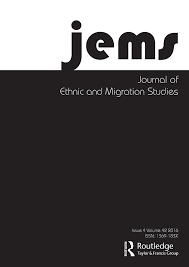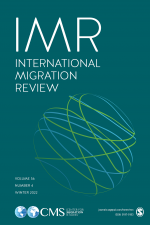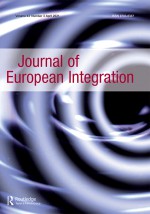West African Interests in (EU) Migration Policy. Balancing Domestic Priorities with External Incentive

Studies on EU–Africa migration cooperation often focus on the interests of the EU and its member states. But what do African states themselves seek to achieve with respect to migration policy? This article presents an in-depth look at Ghana and Senegal, two stable West African democracies, and assesses which types of migration policies they support, and why. We suggest that a distinction ought to be made between West African policymakers’ more domestically-driven migration policy goals (to cooperate more closely with the diaspora or creating legal migration channels, for example) and internationally-induced ones (such as the reinforcement of border control capacities). Each type of policy interest is defended by an increasingly diverse set of national actors whose interests often – but not always – converge. This distinction should be considered as a continuum, as most West African migration policy preferences are driven by domestic as well as international factors, albeit to diverging degrees. Our findings demonstrate that migration policy-making in countries targeted by international cooperation can only be studied as an ‘intermestic’ policy issue, reflecting the dynamic interplay of international and domestic interests.






